World Water Day
Jade Ward shares an overview of the ways in which groundwater resources are helping to address worldwide issues such as the global water crisis, waterborne disease and climate change adaptation.
22/03/2021 By BGS Press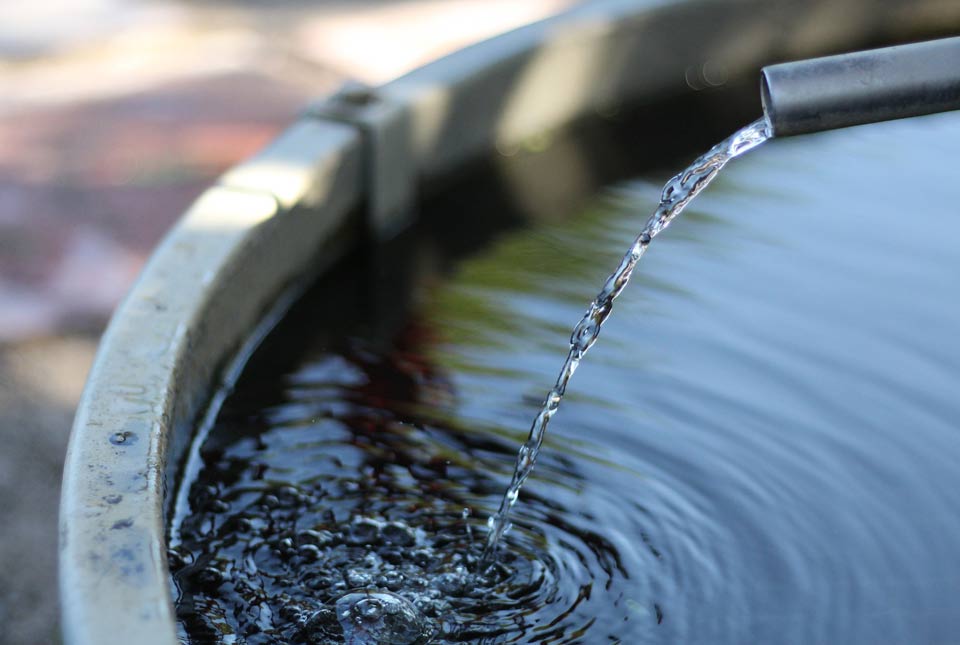
Today is UN World Water Day, an annual celebration of the importance of freshwater. Groundwater accounts for over 97 per cent of fresh water on Earth that is available for use (e.g. not frozen in glaciers and ice caps).
This year’s theme for World Water Day is ‘Valuing Water’. Here, hydrogeologist Jade Ward gives and overview of what groundwater is and highlights three areas of innovation and research in hydrogeology that demonstrate the value of groundwater. Groundwater resources are helping to address worldwide issues such as the global water crisis, waterborne disease and climate change adaptation.
What is groundwater?
Groundwater is often considered a ‘hidden asset’ because it is out of sight, in the ground beneath our feet. Found within rocks, in fractures and in tiny spaces (pores) between rock particles, groundwater accounts for 30 per cent of all fresh water on Earth and over 97 per cent of fresh water that is available for us to use. The vast majority of water on Earth is found in the oceans and most fresh water is locked up in glaciers, ice caps and snow.
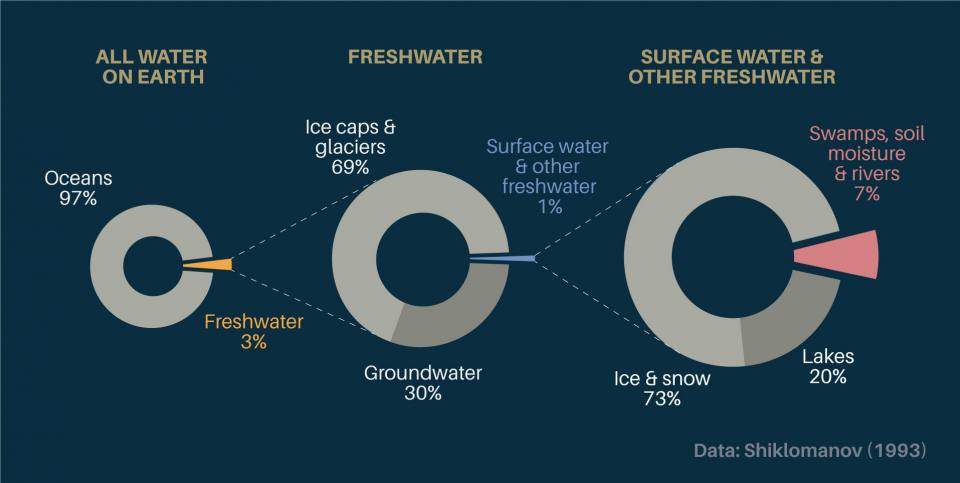
Water distribution on Earth. Data source: Shiklomanov 1993
Groundwater and the global water crisis
The world is currently facing a global water crisis, with the combined pressures of climate change and population growth leading to drought and water shortages on a more widespread, frequent and severe scale than previously experienced.
Groundwater is naturally stored in the ground, in rocks called aquifers. This natural storage provides a buffer to climate change impacts. For example, in times of drought river flow reduces and is naturally sustained by groundwater baseflow. In regions with highly seasonal rainfall, rivers often run dry, but groundwater is often still be available to use. With climate change expected to increase the magnitude and frequency of extreme weather events, it is predicted that more regions of the world (including the UK) will have to cope with more extremes in climate variability. Groundwater will be a key resource in adapting to these changes. Groundwater research is helping scientists to understand more about droughts, and the role of groundwater to build resilience of water supplies.
Groundwater and combatting waterborne disease
At least two billion people worldwide use a drinking water source that is contaminated with faeces (WHO, 2019). Groundwater quality is typically less likely to be contaminated with microbial pathogens than surface water, because groundwater is naturally filtered as it moves through the aquifer. This generally reduces turbidity (the cloudiness of the water) and pathogen transport. This is especially important in areas where there is no treatment available for drinking water, for example in low- and middle-income countries.
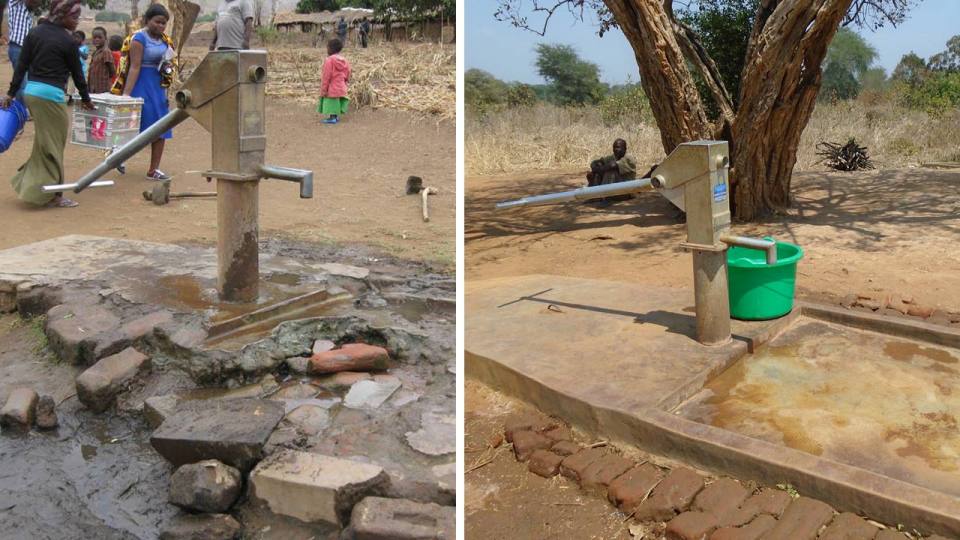
Maintenance of a borehole is important to protect the water source from contamination. These are examples of poorly maintained (left) and well maintained (right) hand-pumped boreholes. These photos were taken in Malawi during fieldwork as part of the UPGro Hidden Crisis research programme, led by BGS. BGS © UKRI
However, not all groundwater sources are free from microbial contamination. If the borehole is near to a contamination source or is not well maintained (or both!) then contamination can occur. Monitoring groundwater quality is important to measure progress towards UN Sustainable Development Goal 6: safe access to water and sanitation for all by 2030. Jade’s PhD research focused on investigating new methods of detecting microbial contamination, to see if we can improve water quality monitoring. Recent developments are focusing on improving the speed and accuracy of results.
Even if groundwater quality is good, groundwater sources still need to be managed sustainably to continue to provide water, including consideration of potential climate change impacts, and the best way to maintain water infrastructure.
Groundwater for low-carbon heating
The UK is the first G7 country to sign up to a legally binding net zero carbon target. This is a significant step towards mitigating the impacts of climate change. Groundwater heat pumps could offer a low-carbon alternative to traditional carbon-intensive heating systems, which could help the UK to reduce carbon emissions. Groundwater is used to heat a liquid refrigerant to become a gas, which links into a building heating system. Mine water geothermal energy is a current research topic in the UK. It is important to understand the sustainability of such systems, potential issues that might arise and how to deal with them, and how to ensure environmental protection. Economic and regulatory aspects also need to be considered if this is to become an affordable technology.
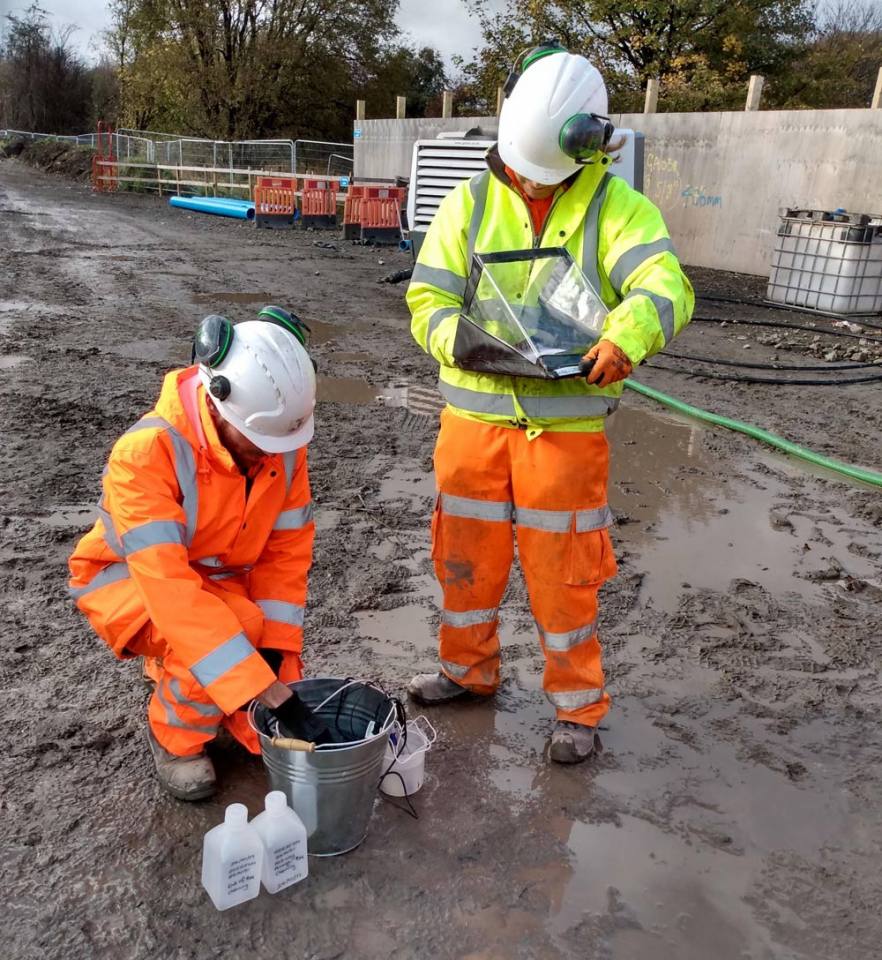
Fieldwork underway to investigate the potential for mine water geothermal energy in Glasgow, UK as part of the UK Geoenergy Observatories. Source: BGS © UKRI
Groundwater is already a valuable resource and it is going to become more important in tackling climate change and ensuring water security around the world. It’s really important that we understand where our water comes from, the benefits of using groundwater sustainably, and how to protect it. The theme for UN World Water Day 2022 is ‘Groundwater: Making the Invisible Visible’, which will raise awareness on a global scale. Look out for more about this in future blogs.
Find out about all the groundwater research going on at BGS and follow the groundwater team on X @BGSGroundwater.
About the author
Jade Ward was a hydrogeologist at BGS and worked on a range of groundwater-related projects.
Find Jade online:
LinkedIn | @thewaterscientist
Relative topics
Latest blogs
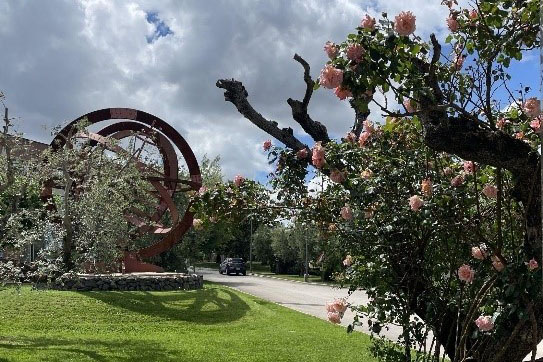
AI and Earth observation: BGS visits the European Space Agency
02/07/2025
The newest artificial intelligence for earth science: how ESA and NASA are using AI to understand our planet.
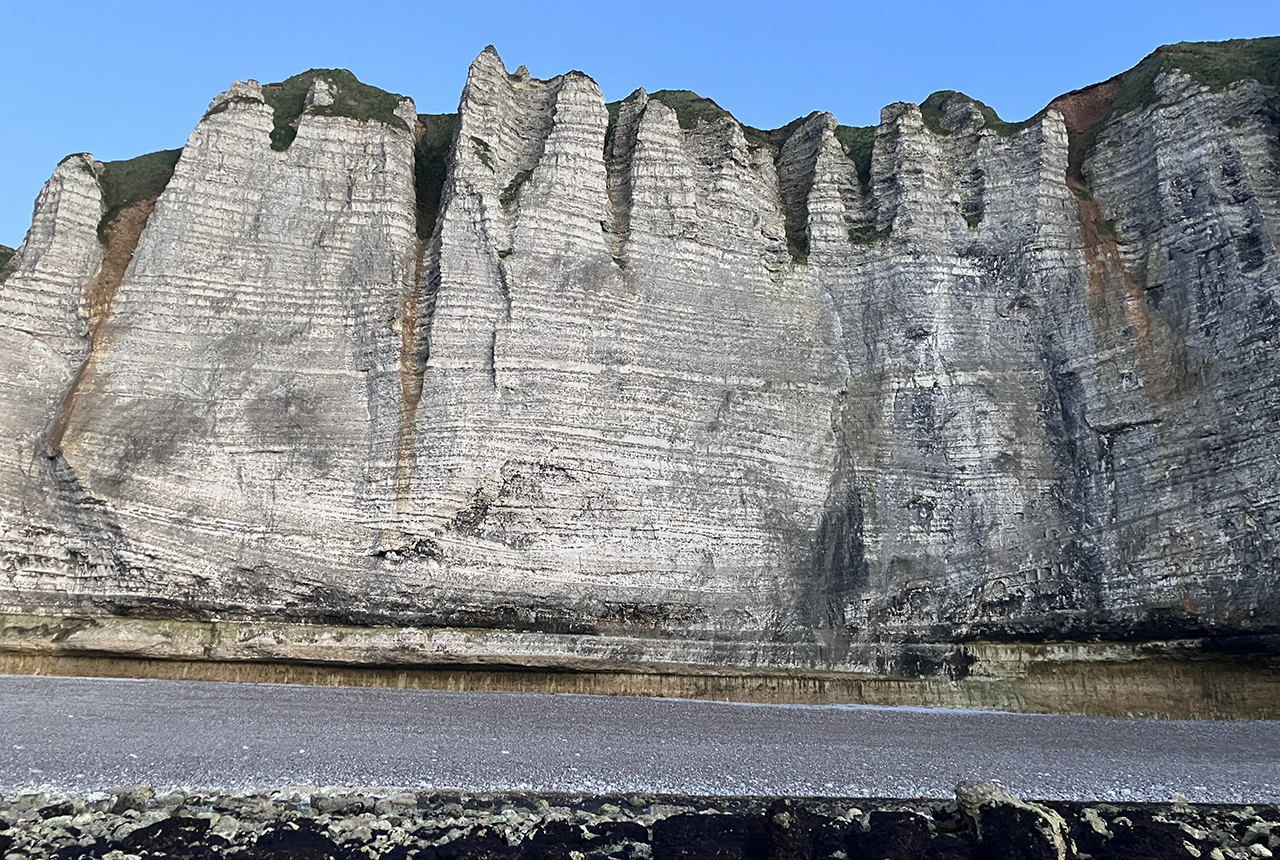
Geology sans frontières
24/04/2025
Geology doesn’t stop at international borders, so BGS is working with neighbouring geological surveys and research institutes to solve common problems with the geology they share.
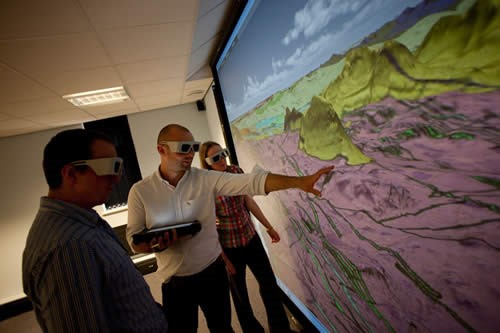
Celebrating 20 years of virtual reality innovation at BGS
08/04/2025
Twenty years after its installation, BGS Visualisation Systems lead Bruce Napier reflects on our cutting-edge virtual reality suite and looks forward to new possibilities.
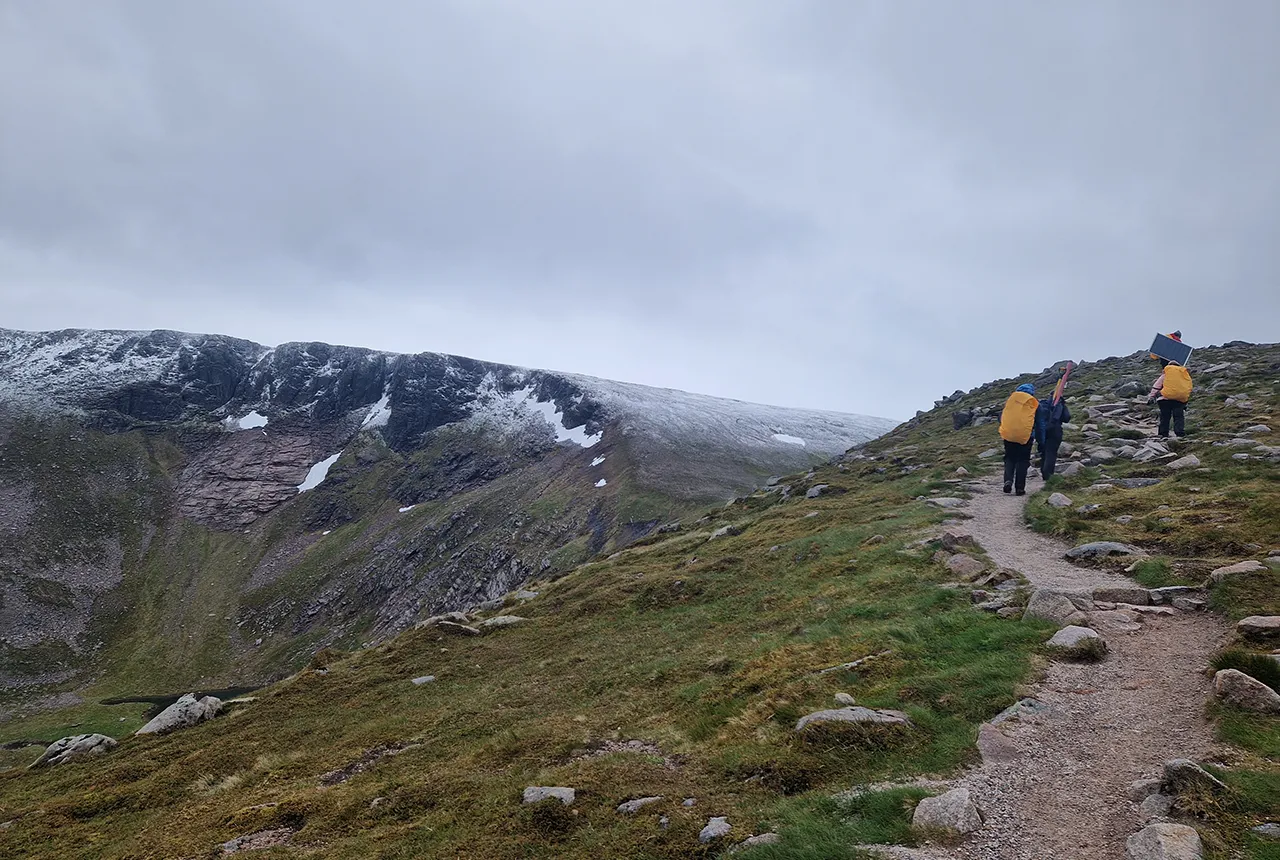
Exploring Scotland’s hidden energy potential with geology and geophysics: fieldwork in the Cairngorms
31/03/2025
BUFI student Innes Campbell discusses his research on Scotland’s radiothermal granites and how a fieldtrip with BGS helped further explore the subject.
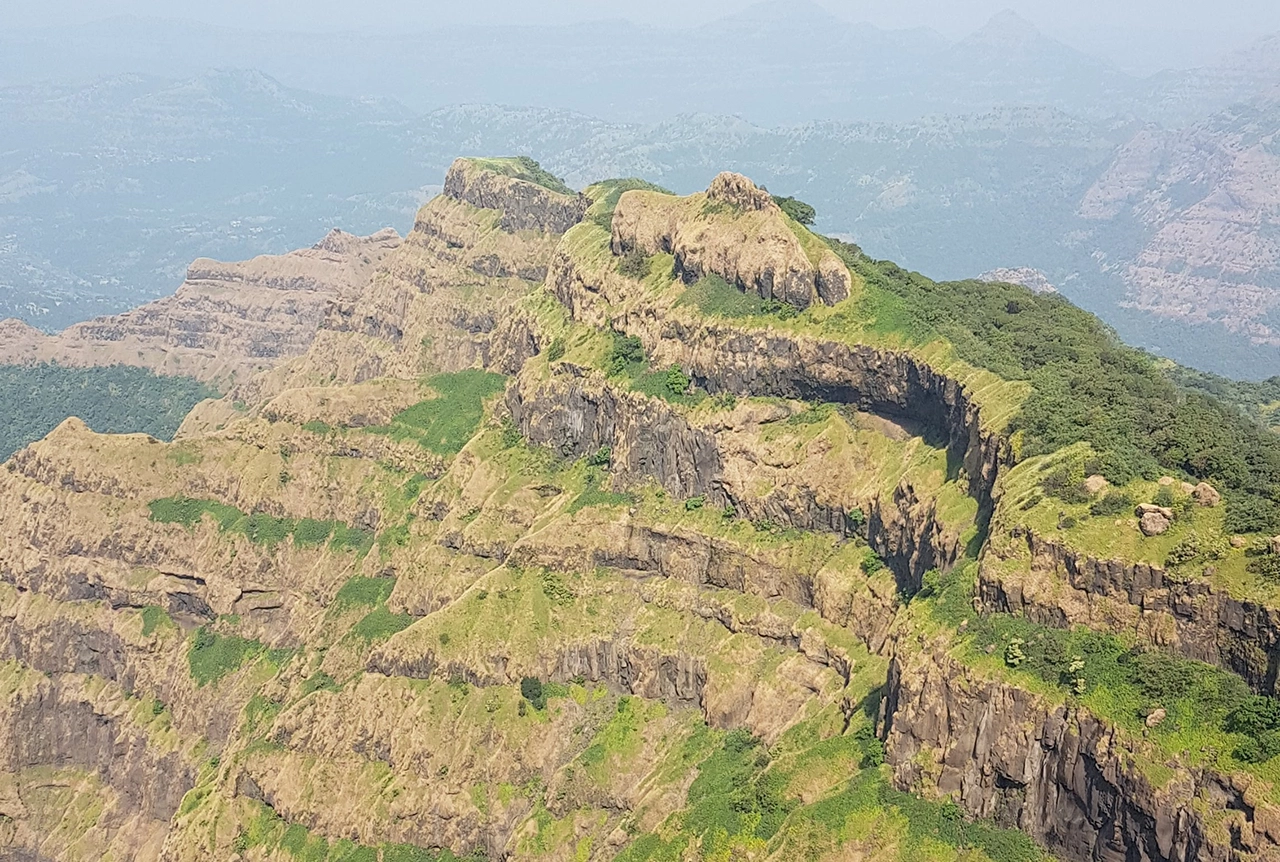
Could underground disposal of carbon dioxide help to reduce India’s emissions?
28/01/2025
BGS geologists have partnered with research institutes in India to explore the potential for carbon capture and storage, with an emphasis on storage.
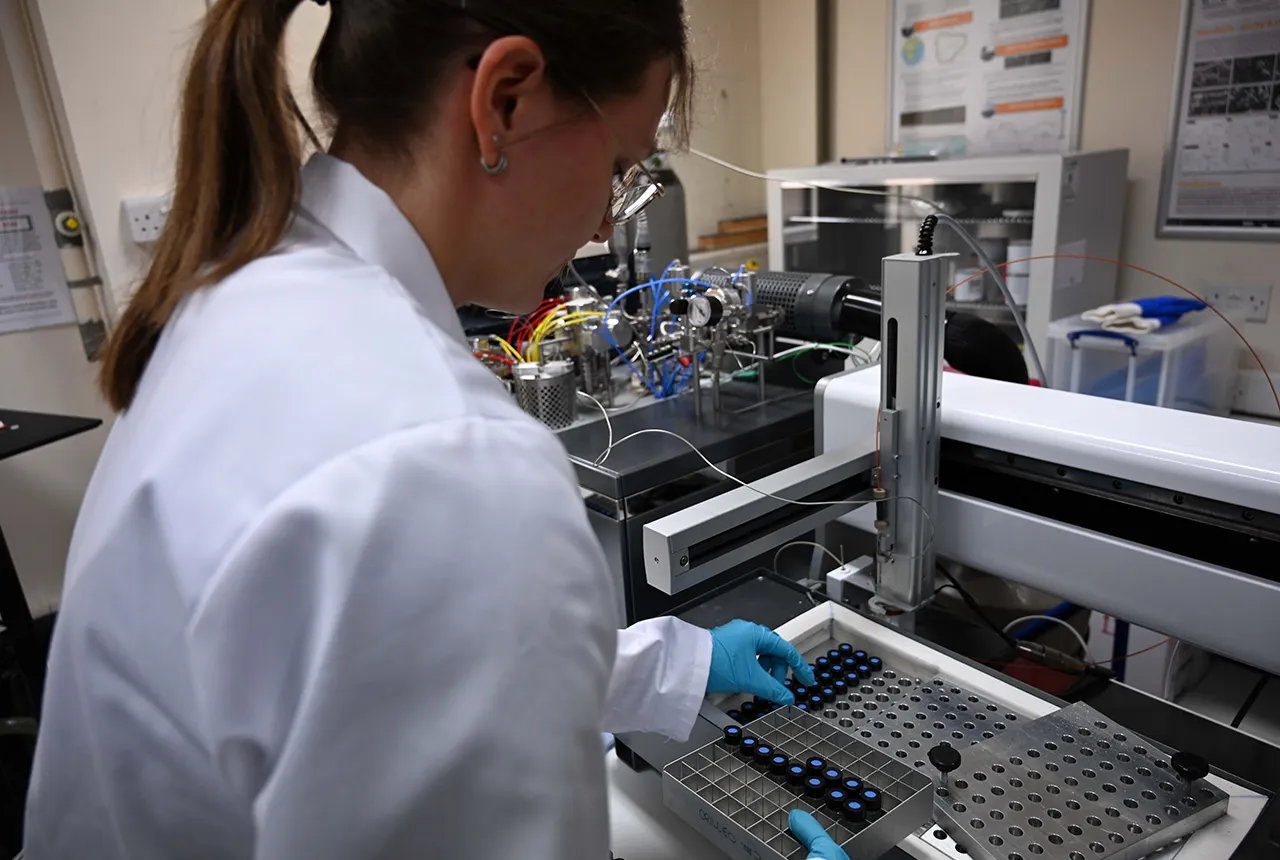
Carbon and oxygen isotope analysis of carbonates and the development of new reference materials
18/12/2024
Dr Charlotte Hipkiss and Kotryna Savickaite explore the importance of standard analysis when testing carbon and oxygen samples.
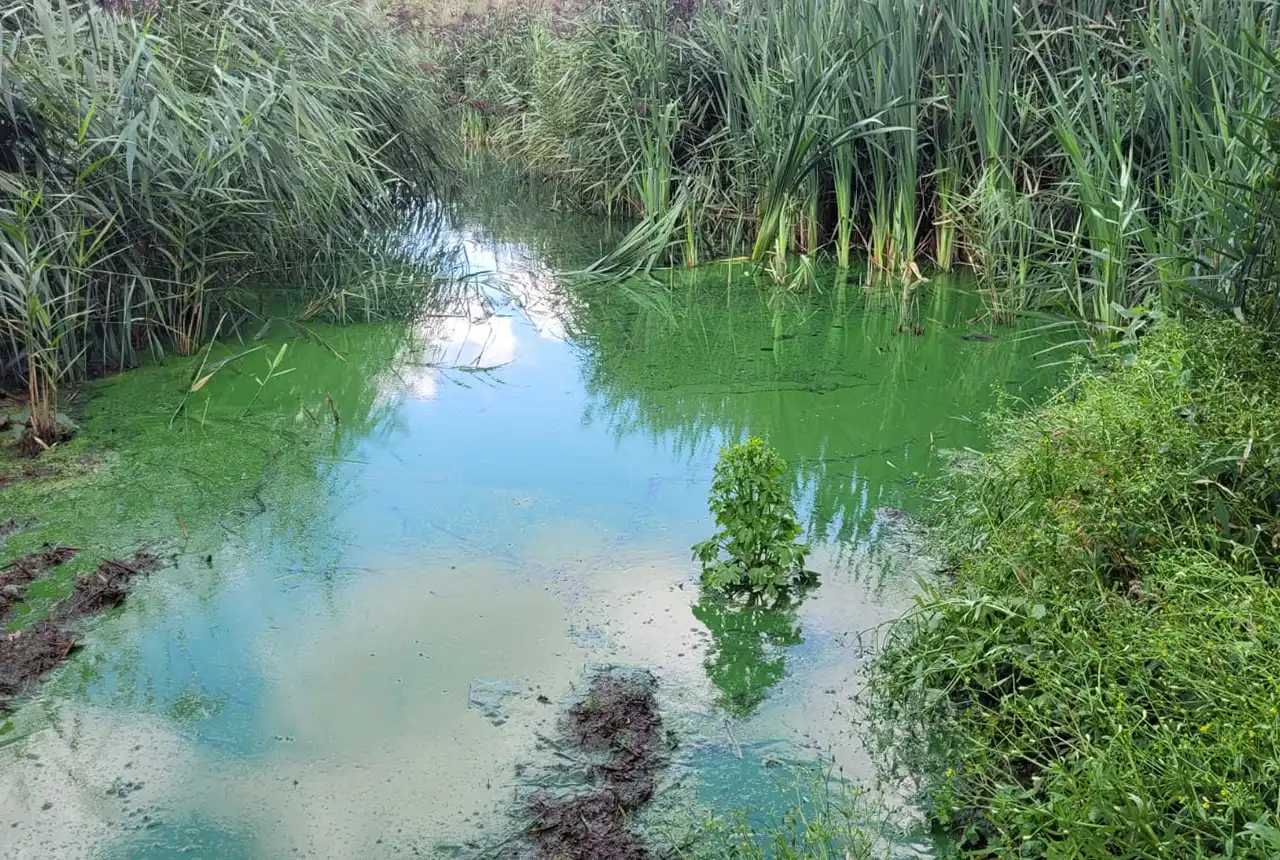
Studying oxygen isotopes in sediments from Rutland Water Nature Reserve
20/11/2024
Chris Bengt visited Rutland Water as part of a project to determine human impact and environmental change in lake sediments.
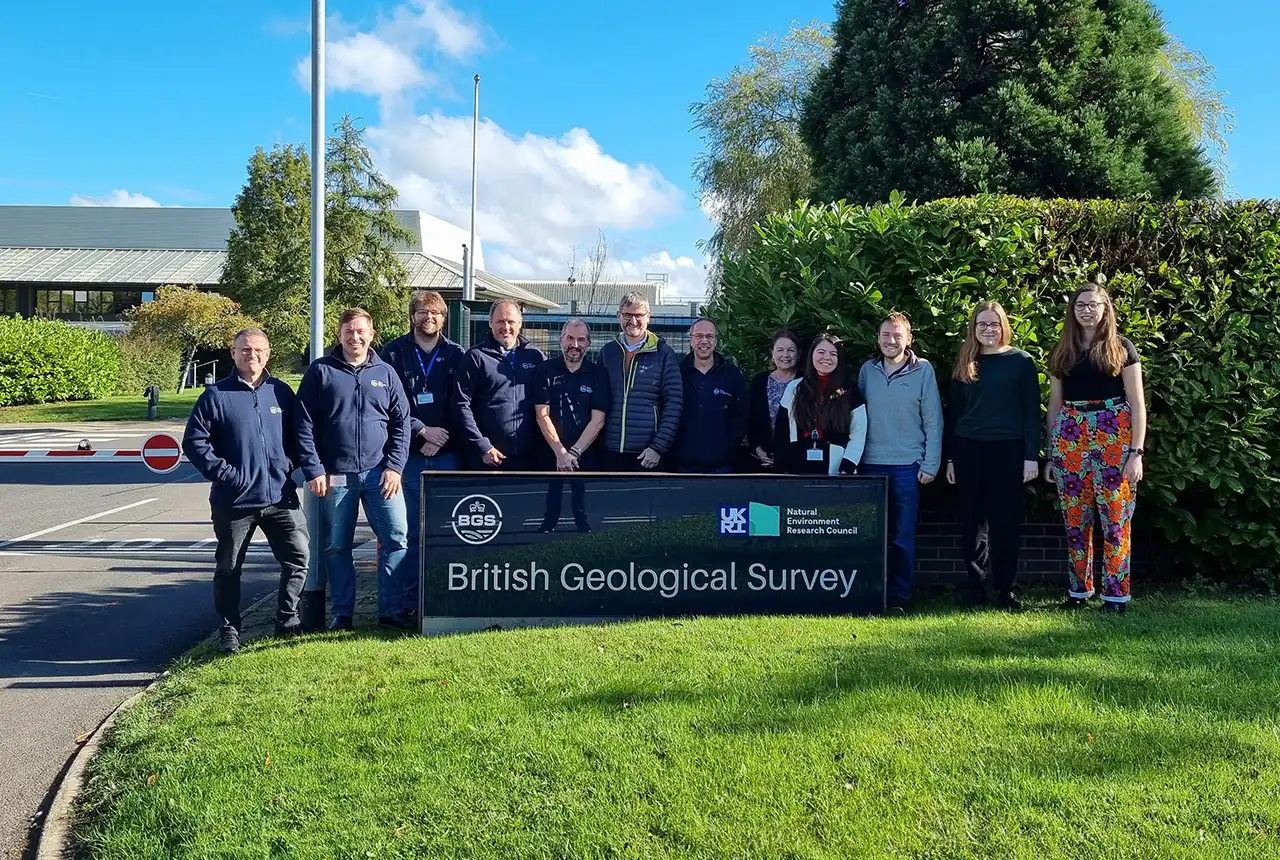
Celebrating 25 years of technical excellence at the BGS Inorganic Geochemistry Facility
08/11/2024
The ISO/IEC 17025 accreditation is evidence of technical excellence and reliability, and a mark of quality assurance.
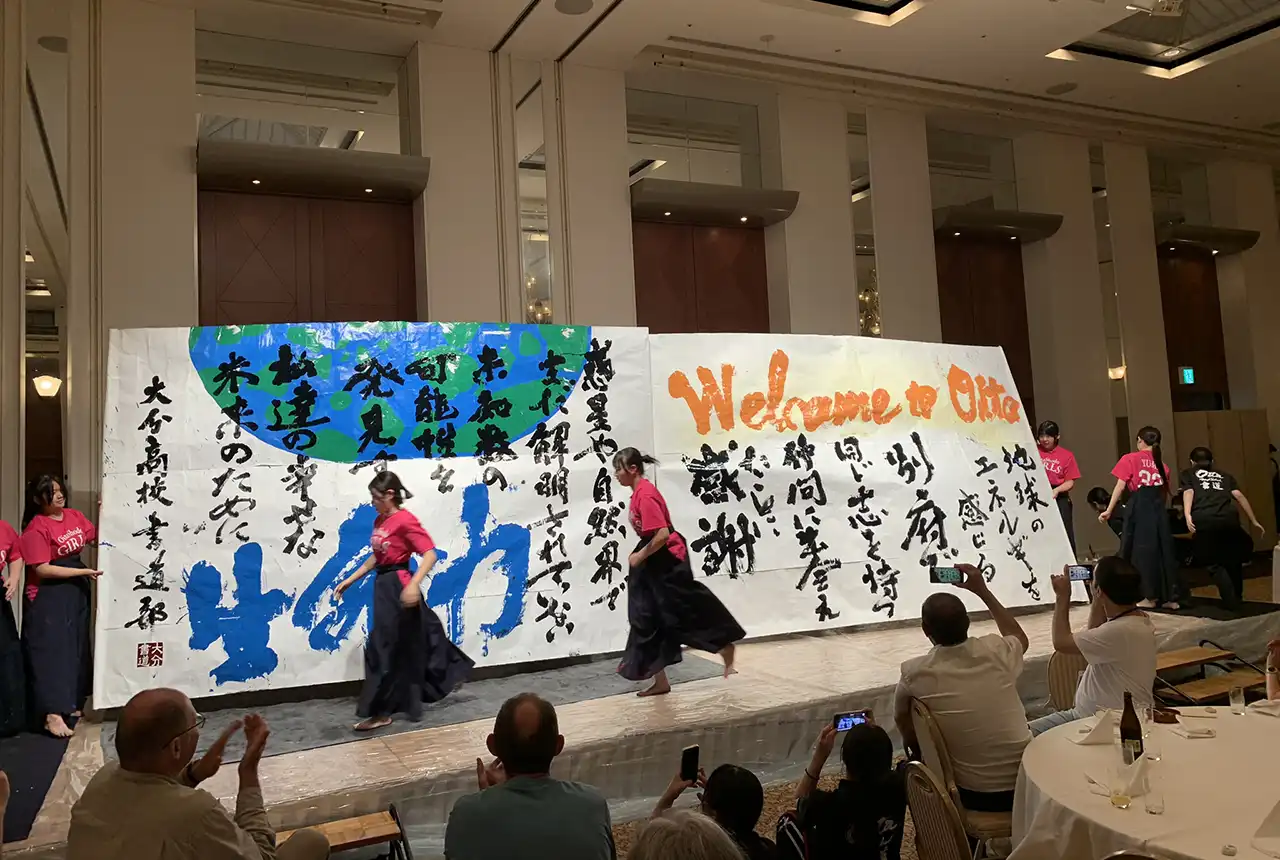
Electromagnetic geophysics in Japan: a conference experience
23/10/2024
Juliane Huebert took in the fascinating sights of Beppu, Japan, while at a geophysics conference that uses electromagnetic fields to look deep into the Earth and beyond.
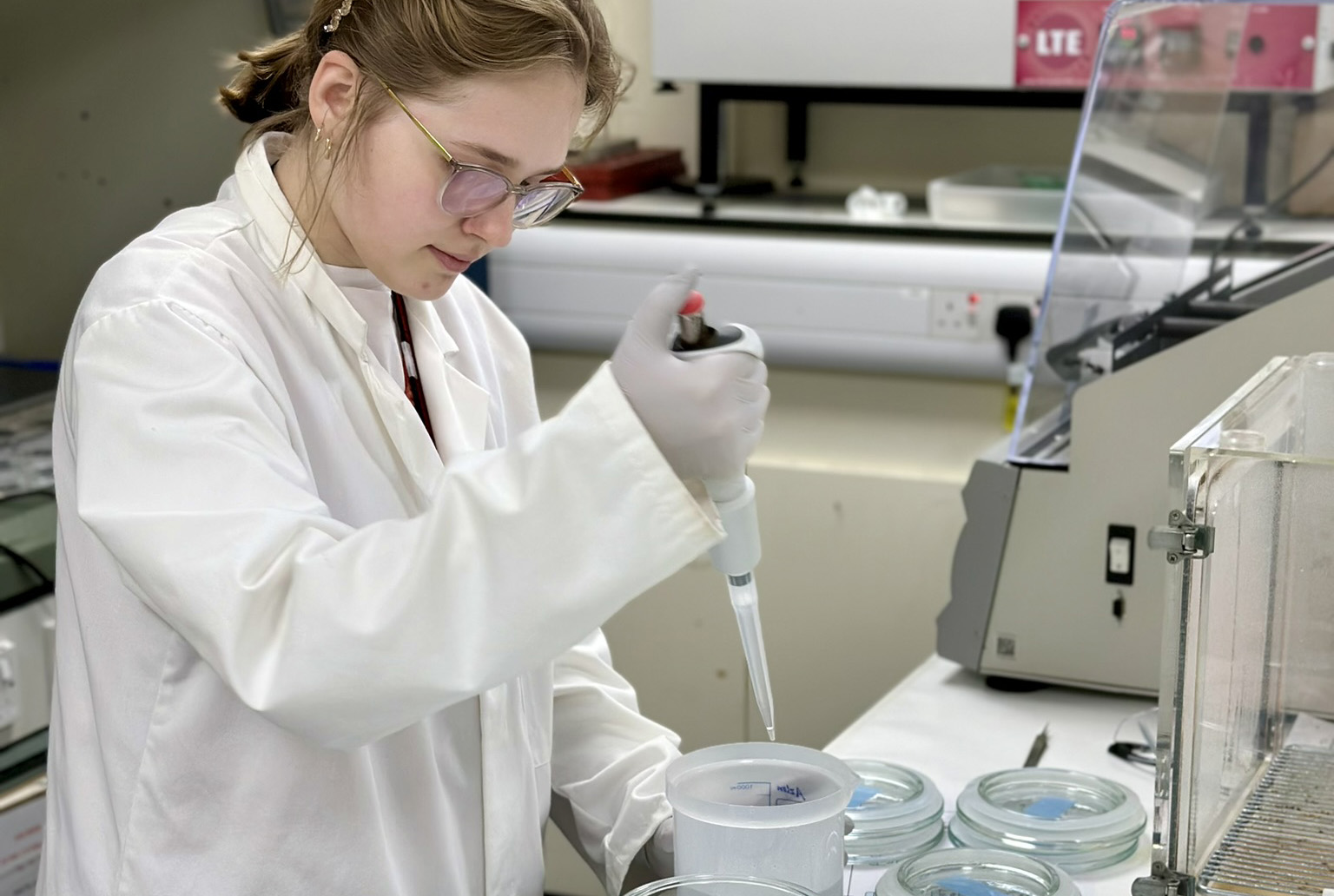
Exploring the role of stable isotope geochemistry in nuclear forensics
09/10/2024
Paulina Baranowska introduces her PhD research investigating the use of oxygen isotopes as a nuclear forensic signature.
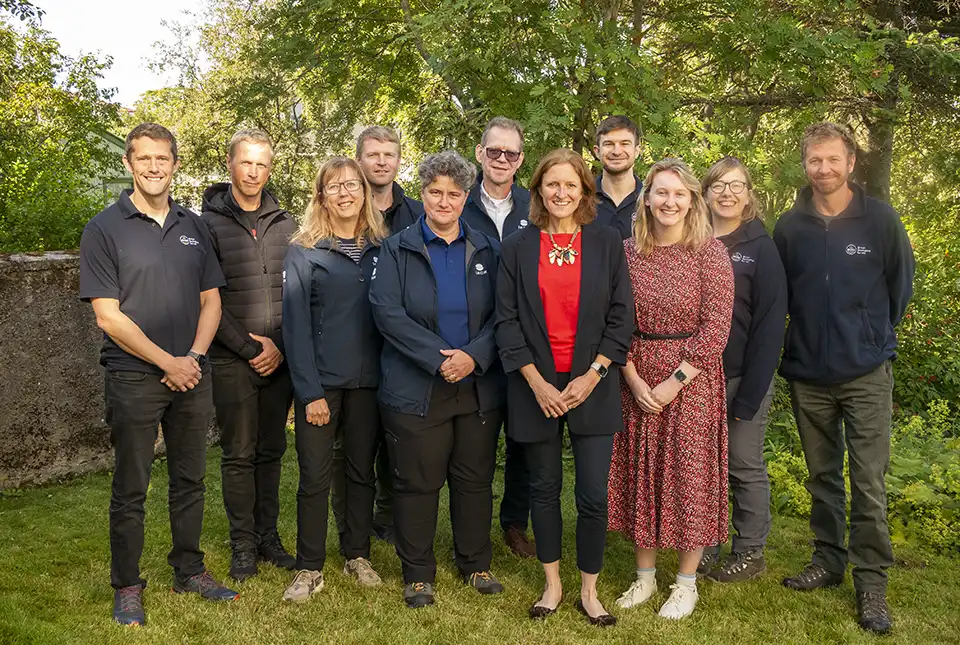
BGS collaborates with Icelandic colleagues to assess windfarm suitability
03/10/2024
Iceland’s offshore geology, geomorphology and climate present all the elements required for renewable energy resources.

Mining sand sustainably in The Gambia
17/09/2024
BGS geologists Tom Bide and Clive Mitchell travelled to The Gambia as part of our ongoing work aiming to reduce the impact of sand mining.



